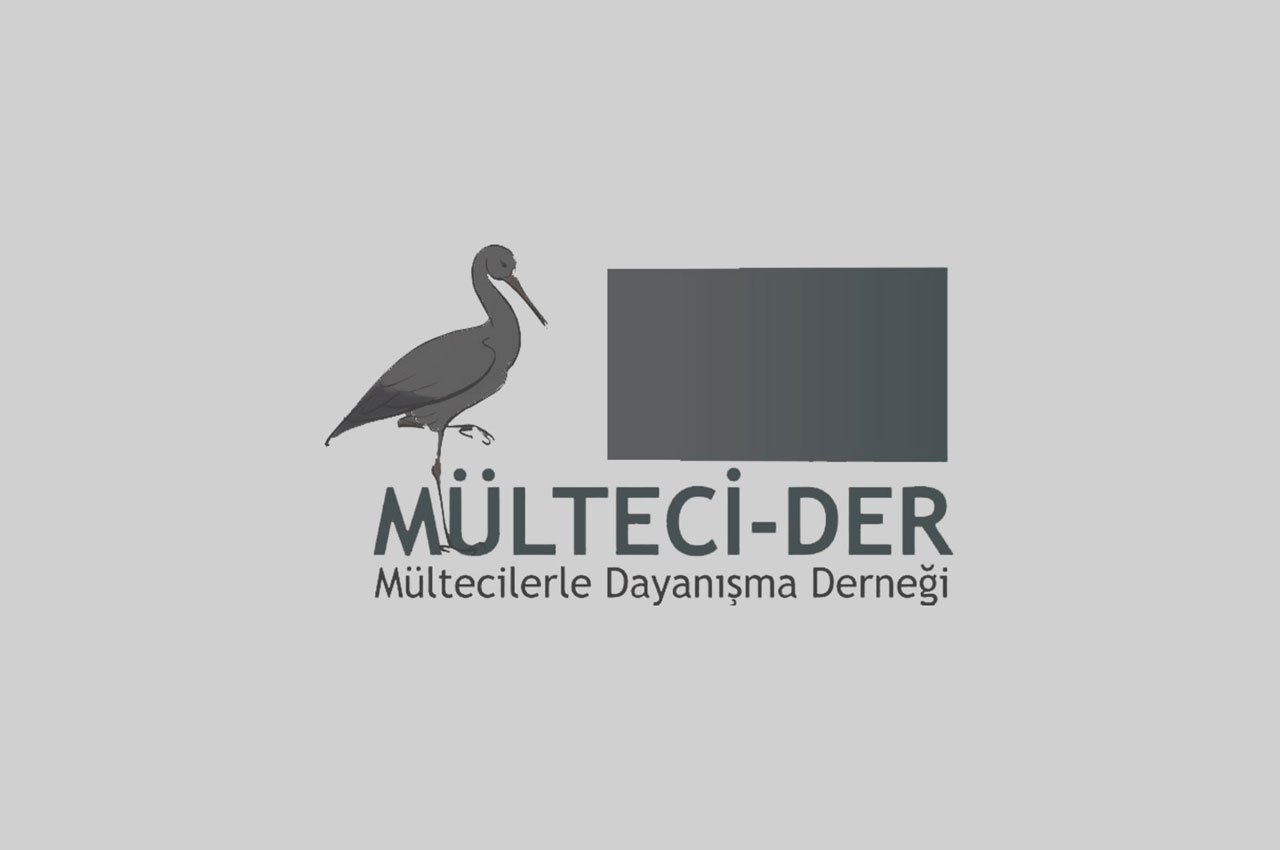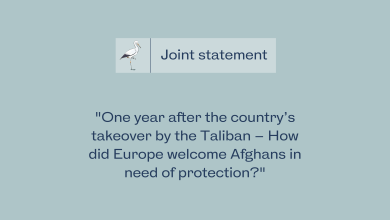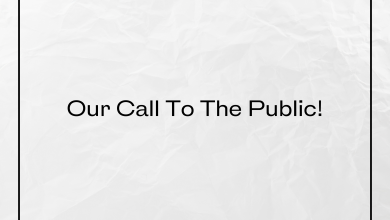
What does the readmission agreement signify?
The newspapers failed to give due emphasis to the readmission agreement — which was meant to be the “price” Turkey will pay for the “agreed upon minutes” — posted in English by the Foreign Ministry on its website and which imposes certain legal responsibilities on Turkey. The ministry and the government refrained from explaining to the public the text of the agreement as well as the responsibilities it undertook; the ministry did not post it in Turkish on its website.
As a matter of fact, the EU Council’s resolution dated Nov. 28, 2002, and the process that has been under way since 2003 has never been transparent to the relevant parts of civil society, academics, the legislature or the general public. Actually, because EU membership was initially seen as a close target, Turkey saw the readmission agreement as insignificant and unnecessary. But it later turned out that EU membership was not something that could be attained in the short term, and this agreement became more significant for both sides.
Visa exemption and readmission are two distinct and unrelated fields of international law, and they are normally treated independently of each other. Unfortunately, the reason why these two areas are being negotiated simultaneously in our case is that one is laid on the table as a proviso for the other in talks between the EU and Turkey. This binary association roughly means that Turkish citizens will enjoy visa-free travel to EU member countries and, in return for this, Turkey agrees to readmit citizens of third countries or stateless migrants who irregularly transit via Turkey to EU member countries. In other words, the EU did not demand grapes, figs, hazelnuts or similar goods or commodities in return for visa-free travel; instead, it wanted us to readmit these Asian and African migrants. The matter is actually very simple. But as there are people mentioned in the sections of these agreements and texts, there is of course a humanitarian aspect to the matter that is closely related to human rights. Therefore, we need to focus on this.
Of course, every state is entitled to control its borders, ensure its security and identity those who enter or leave the country for security reasons as part of its sovereign rights. This is actually necessary to ensure a country’s security as well. However, this right is not absolute or unlimited. As always, it is restricted by human rights laws and international law. In this context, human rights laws always supersede a state’s sovereign rights and set the boundaries of a country’s sovereignty. Accordingly, the act of entering a country by crossing over its territorial, marine or aerial boundaries falls within the jurisdiction of international law and, depending on the situation, a person doing this is to be subject to different legal disciplines, protection procedures or prosecution procedures.
Describing an illegal migrant
In this context, it might not be a legally correct course of action to describe a person who crosses a border without proper documentation as an “illegal migrant” — as is generally the case with the media and law enforcement — and deliver him/her to the Foreigners Branch of the police department for deportation. A person who enters another country by crossing its borders without proper documentation may be an irregular migrant, but s/he may also be a refugee, smuggler, petty offender, a perpetrator of torture who has committed crimes against humanity, a terrorist, a victim of human trafficking, etc.
In EU member countries, as is the case with many countries around the globe, law enforcement authorities fail to exhibit serious efforts to correctly identify people who illegally cross the border or learn the causes for their arrival. In a sense, no one talks to these people in a real way. In many countries, making records regarding a person’s demand for refugee status and international protection entails serious work and labor. It is a common practice for many countries not to record such demands, but to instead immediately initiate deportation procedures.
The likelihood of readmission agreements to pave the way for crucial human rights issues should be noted. So far, no mechanism for measuring, assessing or monitoring the consequences of such agreements has been established. We may try to understand the situation by looking at the following example: Since the incidents that broke out about three years ago in Syria, Turkey has opened its borders to the people fleeing from Syria, offering them international protection — despite the chaos in legal definitions. These people are not sent back to Syria if they don’t want to go back, excluding exceptional cases. This is the ideal situation. But it should be noted that the Syrian regime’s oppressive practices did not just start three years ago; they have been in place for many years. Now, given the fact that the Syrian regime has been responsible for grave human rights violations for many years, why were 2,675 people who fled to Turkey delivered directly to the Syrian regime between 2002 and 2013 under the readmission agreement signed by and between Turkey and Syria on Sept. 10, 2001? These numbers are according to figures given by the Interior Ministry and the police department on Oct. 22, 2013, in response to a question asked by the Association for Solidarity with Refugees (Mülteci-Der) in compliance with legislation on the right to information.
As far as we know, Turkey does not have the habit of investigating the fate of people deported from Turkey — if it really had any such habit, we would certainly have heard about it. But various organizations, such as Amnesty International (AI), have published numerous reports mentioning Turkey’s practice of deporting people as well as the unfortunate fate of the people deported from a number of countries to Syria and placed in Syrian prisons. Who is responsible, in legal, moral and humanitarian terms, for the 2,675 people — an official figure — who were delivered to the Syrian regime between 2002 and 2013?
This is why it is not ethical for Turkey to try to obtain visa-free travel for its citizens in return for signing a readmission agreement under which it undertakes the practice of deporting the citizens of third countries who have fled their countries and reached the borders of Europe in search of their rights, which are enshrined in international law. But this will necessarily be perceived as an ordinary exchange of goods or services.
I, as a citizen, am particularly disturbed to see this perspective dominate amongst our policy-makers. For this reason, I would like to call on Parliament not to ratify the agreement. To make certain commitments that are breaches of human rights in a readmission agreement in return for visa-free travel means to push certain decisions of European courts beyond their intentions. A politically and economically powerful Turkey will not have to sign readmission agreements in order to obtain visa-free travel. The Turkish public must think about the price of visa-free travel.
I am concerned that sometimes we fail to express our true intentions because it becomes hidden under the heavy terminology of immigration and law. Without indulging in this terminology, I want to say: I, as a Turkish citizen, don’t want to travel freely to France for a cup of coffee on the Champs-Élysées if an Asian or African migrant will be deported back to his country by Turkey after going through many ordeals and hardships, risking his/her life, especially if s/he will probably be executed, imprisoned or tortured there. This is because his/her tears or blood will be mixed with my coffee. Thanks, I don’t want to take that coffee. I want to drink coffee if I will pay for it myself, alone. I don’t want any cup of coffee that will be paid for by the citizens of third countries.
*Taner Kılıç is a lawyer with Mülteci-Der.




